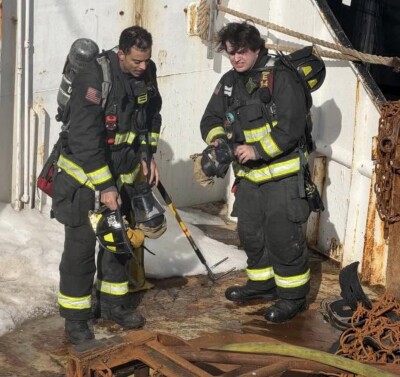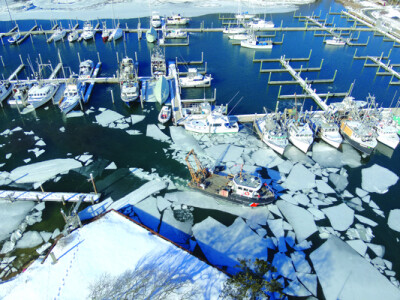At Ross Mullins' home in Cordova, Alaska, you have to slam the front door extra hard to make it close. The former commercial fisherman lives in a small wood-frame house that's in need of repair. Some of the windows are cracked and he leaves the water faucets dripping to protect uninsulated pipes from the harsh Alaskan winter.
When the Exxon Valdez oil tanker ran aground and started leaking oil 25 years ago, the disaster drastically changed the fishing industry in Prince William Sound, Alaska. Mullins has never recovered from that blow.
"I figure my own net worth going into '89 was around $1.5 million," Mullins says.
He was in his mid-50s, prime earning years, when the spill wiped out herring and other fisheries.
"My net worth today is, I would say, minus $100,000," Mullins says. "That's the nutshell right there."
His story begins 18 years before the Exxon Valdez oil spill, when he and other Cordova fishermen were fighting the proposed trans-Alaska pipeline that would bring oil tankers to their fishing waters.
He has an old clip from the CBS Evening News that shows a young Mullins standing on a pier, warning of economic collapse should there be an oil spill in Prince William Sound.
"This town would no longer continue to exist in my mind," he said in the video.
Read the full story at Northwest Public Radio>>






